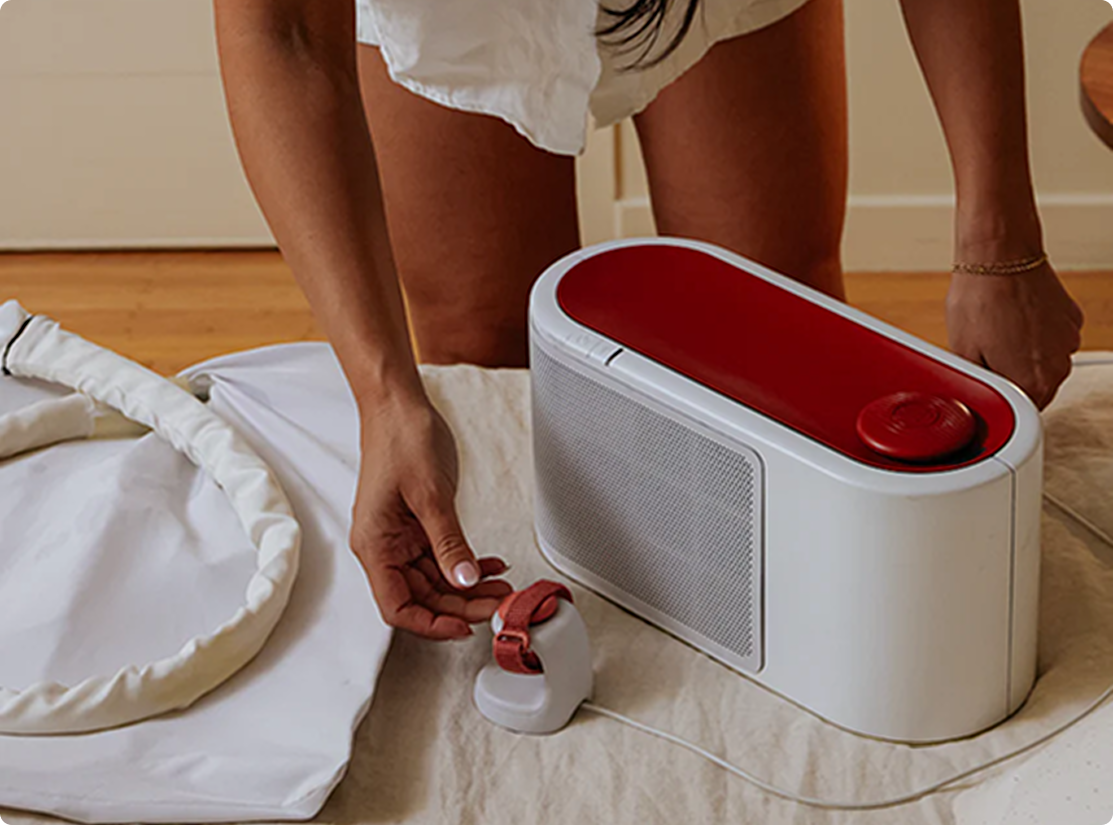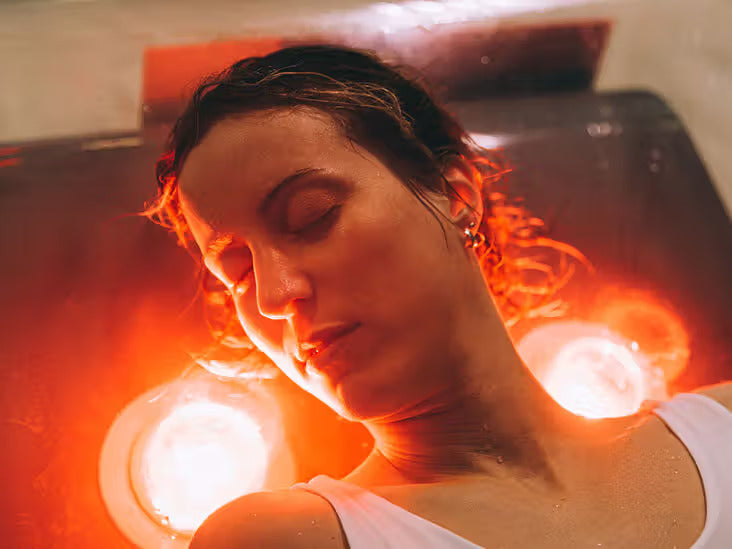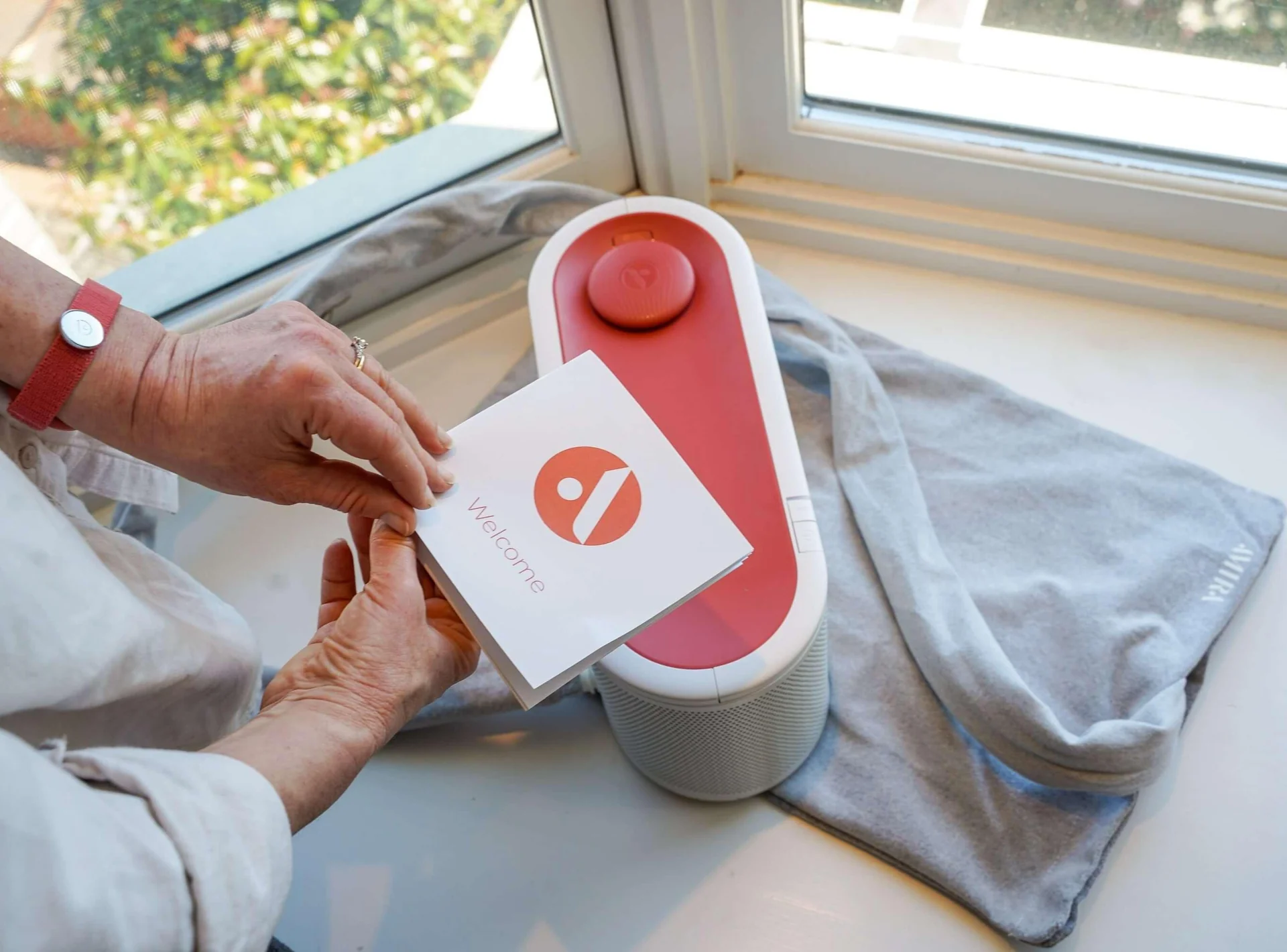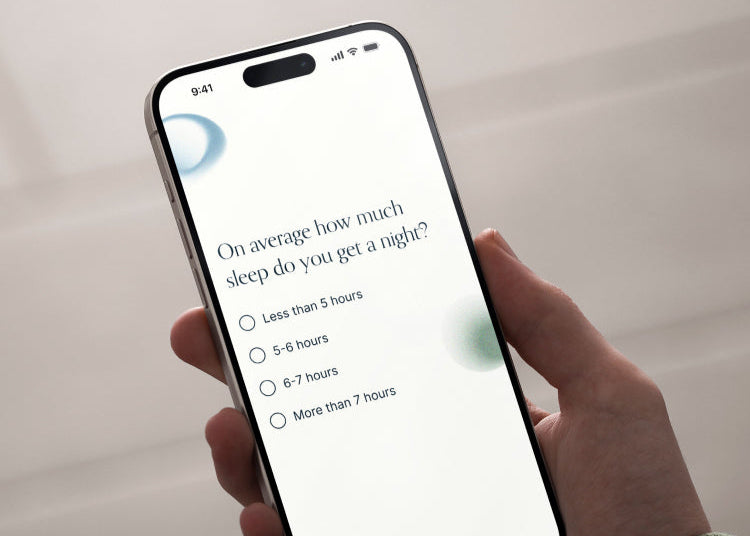
Hot Flashes After Eating: Causes, Solutions, and Prevention
Hot flashes after eating are often triggered by certain foods, beverages, and the digestion process itself. By identifying and avoiding triggers, staying hydrated, eating smaller meals, and incorporating natural remedies like Terra from Amira, women can effectively manage and prevent hot flashe
- Written by: Corentin Hugot
Hot Flashes After Eating: Causes, Solutions, and Prevention
Hot flashes can be an uncomfortable and sometimes embarrassing symptom for many women, particularly during menopause. While they are commonly associated with hormonal changes, hot flashes can also occur after eating. Understanding the reasons behind this phenomenon and how to manage it can help improve quality of life. In this article, we’ll explore the causes, solutions, and preventive measures for hot flashes after eating.
Understanding Hot Flashes
What Are Hot Flashes?
Hot flashes are sudden feelings of warmth, usually most intense over the face, neck, and chest. They can cause sweating and leave the skin red and blotchy. Hot flashes are a common symptom of menopause, affecting up to 75% of women during this transitional period. For more detailed information on this, check out our article on Understanding the Causes of Hot Flashes.
Why Do They Happen?
Hot flashes are primarily caused by changes in hormone levels, particularly a drop in estrogen. This hormonal shift affects the body’s ability to regulate temperature, leading to sudden and intense heat sensations. According to Johns Hopkins Medicine, these changes are a natural part of menopause.
Hot Flashes After Eating: The Connection
Causes of Hot Flashes After Eating
While hot flashes are often linked to menopause, they can also be triggered by certain foods and eating habits. Here are some common culprits:
- Spicy Foods: Foods that contain capsaicin, such as chili peppers, can cause blood vessels to dilate, leading to a rise in body temperature.
- Hot Beverages: Drinking hot tea, coffee, or soup can raise your core temperature, triggering a hot flash.
- Caffeine: Found in coffee, tea, and some soft drinks, caffeine can stimulate the central nervous system, potentially leading to hot flashes.
- Alcohol: Alcohol can cause blood vessels to expand, increasing blood flow to the skin and raising body temperature.
- Sugar and Carbohydrates: Consuming high amounts of sugar and refined carbs can cause blood sugar levels to spike, which may trigger hot flashes in some individuals.
For more dietary tips, check out our article on Diet Tips for Managing Menopause Symptoms.
How Digestion Affects Hot Flashes
The process of digestion itself can raise your body’s temperature. When you eat, your body works to break down the food, which generates heat. This is known as diet-induced thermogenesis. For some women, this natural increase in body temperature can be enough to trigger a hot flash. For more insights, you can read our article on How to Manage Night Sweats During Menopause.
Solutions and Prevention
Managing Hot Flashes After Eating
- Choose Cooling Foods: Opt for foods that are less likely to raise your body temperature. These include fruits, vegetables, and whole grains.
- Stay Hydrated: Drinking plenty of water can help regulate your body temperature and reduce the likelihood of hot flashes.
- Avoid Triggers: Identify and avoid foods and drinks that trigger your hot flashes. Keep a food diary to help pinpoint specific triggers.
- Eat Smaller Meals: Large meals can increase body temperature more than smaller meals. Eating smaller, more frequent meals may help.
- Cool Down: After eating, try to cool down by drinking a cold beverage, using a fan, or applying a cold compress to your neck.
Terra from Amira: A Natural Solution
For those seeking a natural remedy, Terra from Amira offers an effective solution. Terra is specifically designed to help combat hot flashes, including those triggered by eating. It contains natural ingredients known for their cooling and calming effects, providing relief without the side effects associated with hormone replacement therapy. In addition you can control the pad temperature through Amira's mobile app.
Preventive Measures
Lifestyle Changes
- Maintain a Healthy Diet: Eating a balanced diet rich in fruits, vegetables, and lean proteins can help regulate blood sugar levels and reduce the frequency of hot flashes. You can find more tips on this in our article on Natural Remedies for Menopause Symptoms.
- Exercise Regularly: Regular physical activity can help balance hormones and reduce stress, both of which can contribute to hot flashes. The Cleveland Clinic suggests that consistent exercise can be beneficial for managing menopause symptoms.
- Manage Stress: Stress can trigger hot flashes. Techniques such as yoga, meditation, and deep breathing exercises can help manage stress levels.
- Wear Breathable Clothing: Choose loose, breathable fabrics to help keep your body cool.
Consult a Professional
If hot flashes after eating persist, it may be helpful to consult a healthcare professional. They can provide personalized advice and explore other potential underlying causes. For a deeper understanding, refer to the Mayo Clinic's resources on hot flashes.
Conclusion
Hot flashes after eating can be an uncomfortable and disruptive symptom. By understanding the triggers and implementing practical solutions, you can manage and reduce their occurrence. Incorporating natural remedies like Terra from Amira, maintaining a healthy diet, and making lifestyle changes can all contribute to a more comfortable and enjoyable life.
For more personalized advice or if you have any questions, feel free to contact us at Amira. We're here to help you navigate your menopause journey with confidence.

Sleep Cool, Wake Refreshed
Terra’s smart cooling system stops hot flashes before they wake you.
Predicts & cools in seconds
No noise, no interruptions
Wake up refreshed





